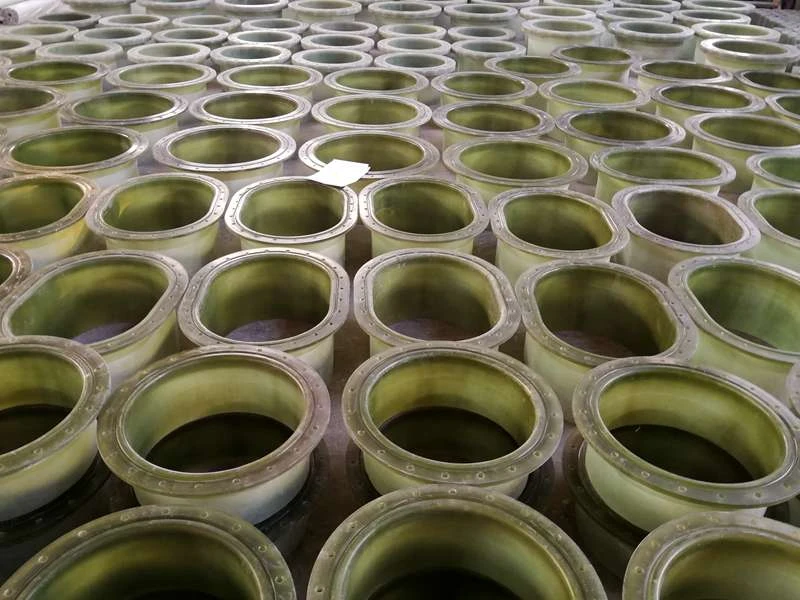
-
 Afrikaans
Afrikaans -
 Albanian
Albanian -
 Amharic
Amharic -
 Arabic
Arabic -
 Armenian
Armenian -
 Azerbaijani
Azerbaijani -
 Basque
Basque -
 Belarusian
Belarusian -
 Bengali
Bengali -
 Bosnian
Bosnian -
 Bulgarian
Bulgarian -
 Catalan
Catalan -
 Cebuano
Cebuano -
 China
China -
 China (Taiwan)
China (Taiwan) -
 Corsican
Corsican -
 Croatian
Croatian -
 Czech
Czech -
 Danish
Danish -
 Dutch
Dutch -
 English
English -
 Esperanto
Esperanto -
 Estonian
Estonian -
 Finnish
Finnish -
 French
French -
 Frisian
Frisian -
 Galician
Galician -
 Georgian
Georgian -
 German
German -
 Greek
Greek -
 Gujarati
Gujarati -
 Haitian Creole
Haitian Creole -
 hausa
hausa -
 hawaiian
hawaiian -
 Hebrew
Hebrew -
 Hindi
Hindi -
 Miao
Miao -
 Hungarian
Hungarian -
 Icelandic
Icelandic -
 igbo
igbo -
 Indonesian
Indonesian -
 irish
irish -
 Italian
Italian -
 Japanese
Japanese -
 Javanese
Javanese -
 Kannada
Kannada -
 kazakh
kazakh -
 Khmer
Khmer -
 Rwandese
Rwandese -
 Korean
Korean -
 Kurdish
Kurdish -
 Kyrgyz
Kyrgyz -
 Lao
Lao -
 Latin
Latin -
 Latvian
Latvian -
 Lithuanian
Lithuanian -
 Luxembourgish
Luxembourgish -
 Macedonian
Macedonian -
 Malgashi
Malgashi -
 Malay
Malay -
 Malayalam
Malayalam -
 Maltese
Maltese -
 Maori
Maori -
 Marathi
Marathi -
 Mongolian
Mongolian -
 Myanmar
Myanmar -
 Nepali
Nepali -
 Norwegian
Norwegian -
 Norwegian
Norwegian -
 Occitan
Occitan -
 Pashto
Pashto -
 Persian
Persian -
 Polish
Polish -
 Portuguese
Portuguese -
 Punjabi
Punjabi -
 Romanian
Romanian -
 Russian
Russian -
 Samoan
Samoan -
 Scottish Gaelic
Scottish Gaelic -
 Serbian
Serbian -
 Sesotho
Sesotho -
 Shona
Shona -
 Sindhi
Sindhi -
 Sinhala
Sinhala -
 Slovak
Slovak -
 Slovenian
Slovenian -
 Somali
Somali -
 Spanish
Spanish -
 Sundanese
Sundanese -
 Swahili
Swahili -
 Swedish
Swedish -
 Tagalog
Tagalog -
 Tajik
Tajik -
 Tamil
Tamil -
 Tatar
Tatar -
 Telugu
Telugu -
 Thai
Thai -
 Turkish
Turkish -
 Turkmen
Turkmen -
 Ukrainian
Ukrainian -
 Urdu
Urdu -
 Uighur
Uighur -
 Uzbek
Uzbek -
 Vietnamese
Vietnamese -
 Welsh
Welsh -
 Bantu
Bantu -
 Yiddish
Yiddish -
 Yoruba
Yoruba -
 Zulu
Zulu
frp insulated storage vessel
FRP Insulated Storage Vessels A Modern Solution for Efficient Thermal Management
In industries ranging from food processing to chemical manufacturing, the storage and transportation of temperature-sensitive materials are critical. To meet this demand, modern solutions such as Fiber Reinforced Polymer (FRP) insulated storage vessels have emerged as a game-changer. These vessels offer a combination of robustness, lightweight properties, and exceptional thermal insulation that cater to the rigorous needs of various industries.
What is FRP?
FRP, or Fiber Reinforced Polymer, is a composite material made from a polymer matrix reinforced with fibers, usually glass or carbon. This composite structure provides a unique blend of strength, corrosion resistance, and low weight, making FRP an ideal choice for applications that require both structural integrity and thermal insulation.
Advantages of FRP Insulated Storage Vessels
1. Superior Thermal Insulation One of the key benefits of using FRP for storage vessels is its excellent insulating properties. The combination of the polymer matrix and the air pockets within the fiber structure significantly reduces thermal conductivity. This means that FRP vessels can maintain the temperature of their contents for longer periods, whether for heating or cooling.
2. Corrosion Resistance Traditional metal storage tanks often face challenges when storing aggressive chemicals or materials that can lead to corrosion. FRP vessels, on the other hand, are inherently resistant to chemical attack, making them a preferred choice for storing a wide variety of substances without the fear of material degradation.
3. Lightweight Construction The lightweight nature of FRP makes these vessels easier to handle and install compared to their metal counterparts. This can lead to cost efficiencies during transportation and installation, as well as reduced structural requirements for supporting the storage vessel.
4. Tailorable Properties One of the most significant advantages of FRP is that its properties can be tailored to specific needs. By adjusting the type of fibers, resin, and the manufacturing process, vessels can be designed to meet the unique requirements of various applications, such as differing temperature ranges or chemical compatibility.
frp insulated storage vessel

5. Sustainability With the increasing focus on sustainability, FRP offers a more environmentally friendly option compared to traditional materials. Many FRP products can be designed for recyclability, and their long service life helps to reduce material consumption over time.
Applications of FRP Insulated Storage Vessels
The versatility of FRP insulated storage vessels allows them to be utilized across various sectors
- Food and Beverage Industry In this sector, the ability to maintain a consistent temperature is crucial for preserving quality and safety. FRP storage vessels make it possible to store everything from dairy products to sauces without compromising their integrity.
- Chemical Processing Many chemicals require specific storage conditions to prevent degradation. FRP vessels protect these sensitive materials while offering excellent resistance to corrosive substances.
- Pharmaceuticals Maintaining temperature and preventing contamination are critical in the pharmaceutical industry. FRP insulated storage vessels provide an ideal environment for the storage of pharmaceutical products.
- Renewable Energy In sectors like solar thermal energy, FRP vessels can store fluids used in energy generation processes, ensuring efficient thermal management.
Conclusion
FRP insulated storage vessels represent an innovative solution in the realm of thermal management and storage. Their superior insulating properties, coupled with excellent resistance to corrosion and lightweight construction, make them a compelling choice across various industries. As businesses continue to prioritize efficiency, quality, and sustainability, the adoption of FRP technology in storage solutions is likely to increase, paving the way for improved operational performance and reduced environmental impact. As we look forward, these vessels will undoubtedly play a pivotal role in meeting the growing demand for reliable and effective storage solutions in a rapidly evolving industrial landscape.









